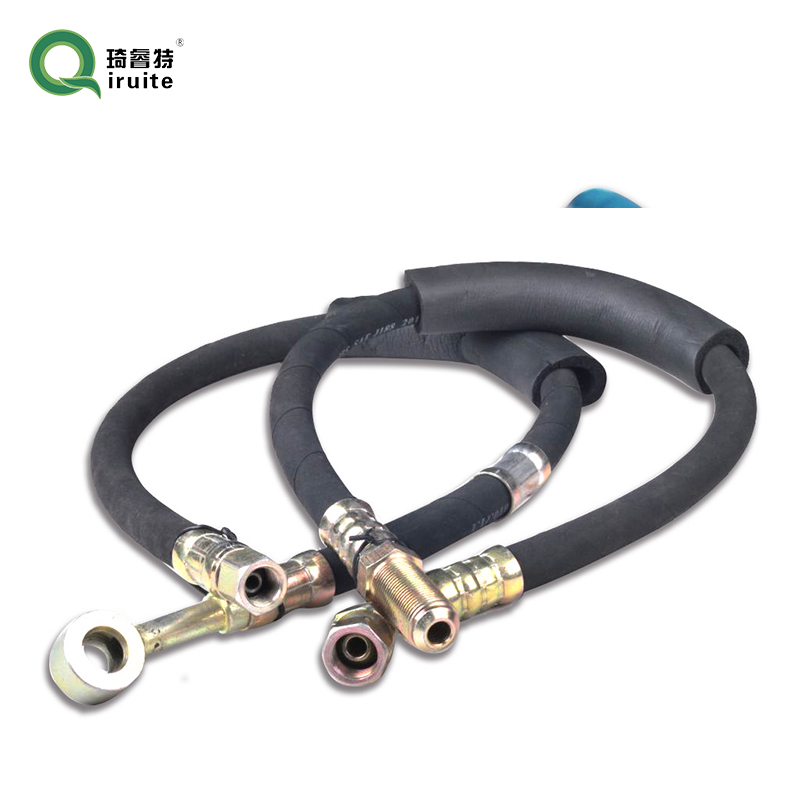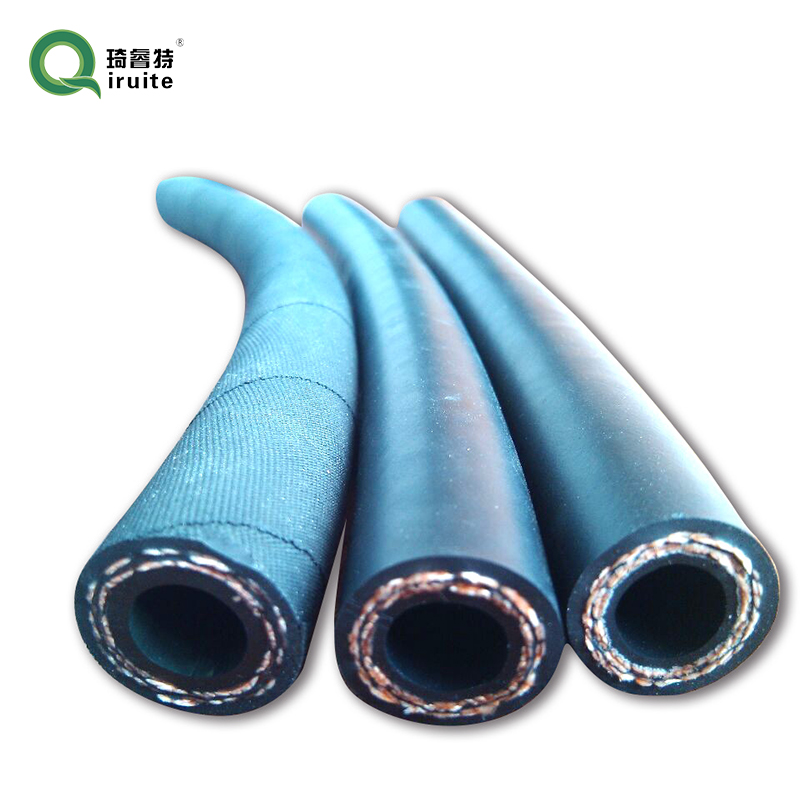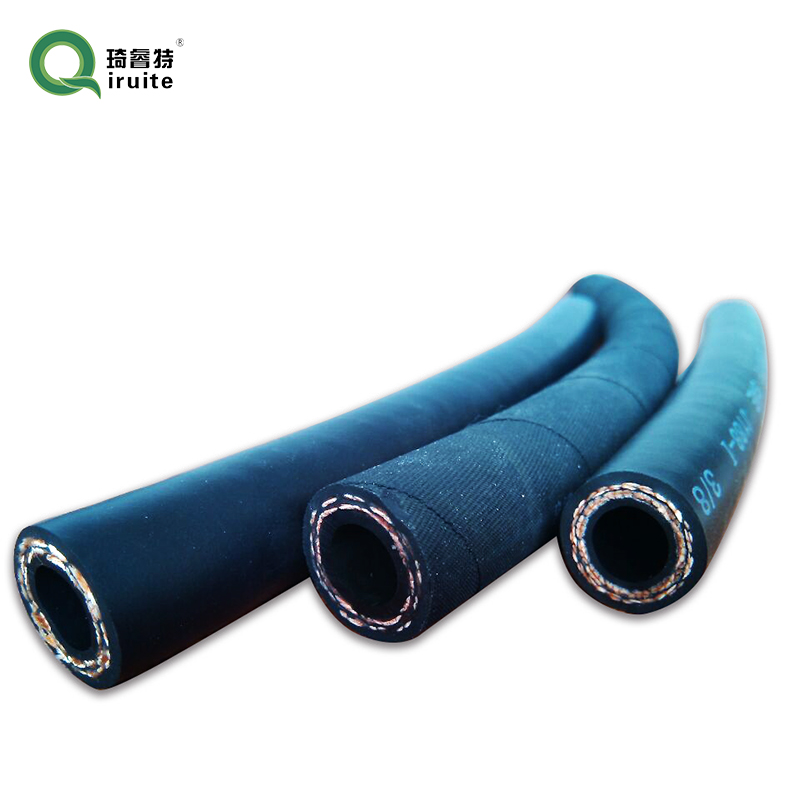Need a High-quality Power Steering Tube - Leak-Proof, OEM?
Inside the shop: why a High-quality power steering tube still matters in 2025
If you’re chasing leak-free, consistent steering feel, start with the heart of the loop: the High-quality power steering tube. Built in Ningjin County, Hebei Province—an area quietly known among insiders for precision tubing—it’s designed for dependable flow, clean bends, and fittings that don’t fuss. To be honest, most drivers never think about this part until a rack sounds like a cappuccino machine. Then it’s too late.

What’s trending: hydraulic isn’t gone—it’s getting smarter
Yes, EPS is everywhere. However, heavy-duty trucks, buses, off-road machines, and a large global aftermarket still lean on hydraulic systems. The trend isn’t replacement as much as refinement: better corrosion protection, tighter cleanliness control (ISO 16232), and test regimes that mimic real-world shocks. In fact, we’re seeing spec sheets that ask for 3x working-pressure burst margins and 240–480 h salt spray performance as table stakes.
Technical snapshot (typical values)
| Base material | Seamless precision steel tube (EN 10305-4/DIN standard), Zn–Ni plating; fittings with brazed or flared ends | Options: aluminum sections for weight-sensitive builds |
| Inner diameter (ID) | ≈ 6–12 mm | Customized per flow/pressure |
| Working pressure | ≈ 8–14 MPa (return/pressure lines vary) | Burst ≥ 3x working (SAE J188 guidance) |
| Temperature range | -40°C to +150°C | Real-world use may vary with ATF/PSF type |
| Corrosion resistance | ≥ 240 h neutral salt spray (ISO 9227) | 480 h option for coastal fleets |
| Cleanliness | ISO 16232 compliant flushing; particle count report | Residue target ≤ 10 mg/part (typ.) |
| Service life | ≈ 200,000 km or 8–10 years | With proper install and fluid |
Testing highlights: burst at 3x working pressure, 150k–300k impulse cycles, pressure decay leak test at 100%, and dimensional audits after CNC mandrel bending. Certifications? ISO 9001 and IATF 16949 are available, which frankly makes sourcing easier for OEM and Tier-1 buyers.

Where it’s used (and what people say)
- Passenger cars and pickups needing OE-level fit and feel
- City buses, delivery vans, refuse trucks—stop/start brutality
- Forklifts, ag equipment, and loaders with long duty cycles
Many customers say noise and micro-leaks drop off after switching to the High-quality power steering tube. One maintenance manager told me, “Surprisingly, the biggest win was cleanliness—fewer rack replacements after we cut particulate.” Makes sense.
How it’s made (quick flow)
Material cert check → CNC mandrel bending → End-forming and brazing/welding of fittings → Zn–Ni plating → Degrease and ISO 16232 flushing → Helium/pressure-decay leak test → Impulse/burst sampling → Packaging with caps. Methods sound dry, but the point is repeatability—bends hold shape, threads seat cleanly, seals aren’t stressed.
Customization
OD 6–14 mm, custom bend radii, banjo/flare/quick-connect ends, EPDM/NBR/ECO seals, black e-coat or Zn–Ni finishes. MOQ around 100 pcs; prototypes in ≈ 7–10 days. The High-quality power steering tube also ships with PPAP on request.
Vendor snapshot
| Vendor | Material options | Test regimen | Lead time | Notes |
|---|---|---|---|---|
| QRT (Ningjin, Hebei) | Seamless steel, Al hybrids | 100% leak + impulse + salt spray | ≈ 3–4 weeks | IATF 16949; PPAP support |
| Generic Import A | Steel only | Spot testing | ≈ 5–7 weeks | Limited documentation |
| Legacy OE Supplier | Steel/Al, custom coatings | Full validation | ≈ 6–8 weeks | Top-tier, higher price |
Case note: urban fleet
A 120-van delivery fleet swapped in the High-quality power steering tube on high-failure routes. Result over six months: leak-related downtime down ≈ 41%, return pump noise complaints down ≈ 28%. Not a lab study, but mechanics noticed cleaner fluid and fewer call-backs.

Final thought: tubes aren’t glamorous, I get it. But if you want steering that feels planted on a hot day, in traffic, with a trailer—start with the plumbing and pick one built to a spec, not a price.
References
- SAE J188: Power Steering Pressure and Return Hose—Automotive.
- ISO 16232: Road vehicles—Cleanliness of components of fluid circuits.
- ISO 9227: Corrosion tests in artificial atmospheres—Salt spray tests.
- EN 10305-4: Seamless steel tubes for hydraulic and pneumatic purposes.
- IATF 16949:2016—Automotive Quality Management System.
-
Quick Release Ball Joint – Tool-Free, Durable, Leak-TightNewsNov.13,2025
-
Spiral Guard Hose Protection — Durable, UV-Resistant WrapNewsNov.13,2025
-
SAE J1401 Brake Hose Specifications: Durable, Low ExpansionNewsNov.13,2025
-
SAE J1401 Brake Hose Specifications | DOT-Approved, DurableNewsNov.13,2025
-
Spiral Guard Hose Protection - Abrasion-Resistant, UV-StableNewsNov.10,2025
-
SAE J1401 Brake Hose Specifications | DOT-Certified, DurableNewsNov.10,2025

